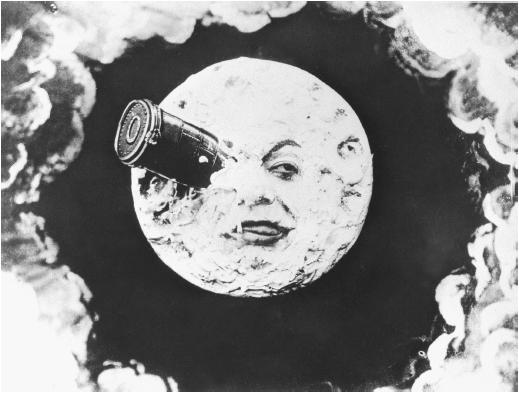While digging in a cereal box for the toy surprise, a child makes a grisly discovery.
"Must you go rooting through the box like that, Tim?"
Annie pursed her lips as her son plunged his arm deeper into the cereal box. His hand crunched around in the cornflakes, his fist flexing as his fingers scrabbled for the toy.
"I can't wait, Mum! It might take us forever to get to the bottom of the box, and then I'd be dead, and I'd never have the toy and some robot boy would be playing with Batman and not me."
"Yes, dear, but the rest of us might want to eat those cornflakes that you're smashing. Did you at least wash your hands first?"
"Yes, Mum. I used soap and everything."
Tim stuck out his tongue in concentration as he continued to fish. Annie shook her head and turned back to the washing up. She could never understand why the companies insisted on putting the freebies inside the bag with the cereal. It would be so much easier to put them in between the bag and the box. These companies were clearly run by people without children.
The sound of the box hitting the table and cornflakes skittering across the floor made Annie jump. She turned around to scold Tim. He sat at the table, clutching something in each hand. Sheer joy shined in his eyes.
"Wow! Look, Mum! I got two toys! I got the Batman toy, and this!"
Tim held up a severed finger. Blood clotted around the stump, and she could see dried mud caked under the nail. It still wore a tarnished silver ring. Annie's stomach rolled.
"Tim, I think you'd better put that down." She clutched the bench, forcing herself not to gag.
"No way! This is brilliant!"
Tim launched himself from his chair and clattered out of the kitchen. The discarded Batman figure lay on the table, surrounded by cornflake crumbs. Annie snatched up the box, searching for the complaints phone number. She hoped they would at least get a free box of cornflakes, or at least a reward for returning the ring.









